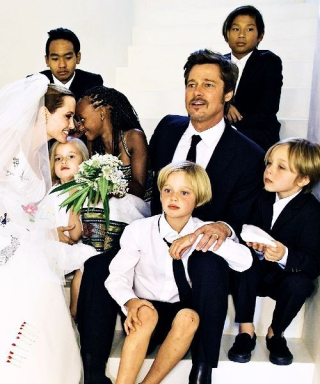 Life insurance can help heirs avoid having to incur expenses like estate taxes, funeral costs and similar expenses. However, it also gives heirs breathing room, so they can make the best use of other assets.
Life insurance can help heirs avoid having to incur expenses like estate taxes, funeral costs and similar expenses. However, it also gives heirs breathing room, so they can make the best use of other assets.
Here is an example of how life insurance should work. A father, Howie, dies and leaves a large estate to daughter Eva. The estate is large enough that it triggers a huge estate tax. However, the bulk of his assets are tied up in an IRA and real estate properties, some of which could be put on the market quickly, but not quickly enough for tax deadlines.
With that scenario, Eva might not want to immediately force a sale of the real estate. However, if she accesses the inherited IRA to raise money, she’ll have to pay income tax on the withdrawal and lose a terrific opportunity for extended tax deferral.
 Houston Estate Planning and Elder Law Attorney Blog
Houston Estate Planning and Elder Law Attorney Blog









